The Police Aren't Very Good At Their Main Job: Solving Crimes
One of the most common arguments you see made against the notion of “defunding” the police is: “Well, who are you going to call if someone burgles your home or attacks you?”
And yet a quick look at crime statistics makes it pretty clear that calling the police in those situations doesn’t do you much good anyway. I learned that lesson myself from the multiple times I’ve called the cops after being the victim of a crime.
We are taught as children that the police are there to help and protect us from criminals and to bring the bad guys to justice, and fictional portrayals of police officers in books, TV shows and movies reinforce this image. That is, of course, not how the Black community and many others actually experience the police in real life. It also barely connects to reality for anyone. Statistically, cops are good at arresting people (and sometimes beating and killing them), but not so good at crime solving.
It’s all right there in the FBI’s official crime data. Law enforcement solved less than half ― just 46% ― of violent crimes and just 18% of property crimes in 2017, the most recent year for which numbers are available. Homicides and aggravated assaults were the only types of crime with clearance rates above 50%. They also solved only 35% of rapes, 29% of robberies, 14% of burglaries, 19% of larcenies and 14% of automobile thefts. Other FBI data shows that murder cases are less likely to be solved when the victim is Black.
Under the FBI’s definition, a crime is deemed “cleared” if a suspect is arrested, charged and handed over to prosecutors. A case also is deemed cleared under other extraordinary circumstances, such as when the suspect dies prior to arrest or leaves the jurisdiction, or when a victim refuses to cooperate with prosecutors.
Given that these figures themselves come from a law enforcement agency that has an incentive to portray law enforcement in a positive light, there are good reasons to question how accurate even those are. For instance, a police department would get credit this year for clearing a previously unsolved case from a prior year. This creates a misleading view of how well a department responds to new crimes in any given year.
If those statistics and my own experiences are any guide, the person on the other end of the phone when you call the cops to report a crime is less Detective Briscoe from “Law & Order” than Chief Wiggum from “The Simpsons.”
Solving crimes is difficult. Police often cite resource constraints, and say that cutting budgets will mean fewer investigations. Maybe. But also maybe some of the money being used to send legions of riot cops in body armor and tanks out against peaceful protesters could be repurposed to, you know, actual crime.
Put it another way: Would you keep paying a plumber who only fixed your toilet 18% of the time?
‘This Is Why I Don’t Live In This City’
The global Black Lives Matter protests that erupted after a Minneapolis police officer killed George Floyd last month and the growing interest in major policing reform got me thinking about my own experiences as a crime victim and how basically useless the police were.
The first time I was a victim of a crime was in May 1998, when I was living in London. I was returning to my apartment from a nightclub at around midnight, when my two friends and I got separated by about 20 yards. Suddenly, a group of young men blocked my way and started punching and kicking me. My friends rescued me, got me home and alerted nearby police. They took a statement, told me not to expect much and left. I only realized afterward that my wallet was gone.
The next morning, I dragged my bruised body to the neighborhood police station to see if anyone had been arrested and if they found my wallet. The sergeant at the desk had no idea.
“If it’s any consolation,” she said, “I don’t think you were mugged. Your wallet probably just fell out of your pocket while they were beating you.” This was not, in fact, a consolation.
I moved to Washington, D.C., later that year, and shortly thereafter the house I shared with several roommates was robbed. I wasn’t home when the crime occurred, and the only evidence that the police made even a cursory attempt to investigate was the fingerprint dust they left all over the house. None of us ever heard from those cops again.
In November 2005, three young men held me up at gunpoint about a block from my apartment in Washington. I called the police from my landline. The officer who came to my statement told me, “See, now, this is why I don’t live in this city.”
About a year later, I got a phone call from a detective who said he had just returned from a lengthy disability leave and found my case waiting for him. I went to the precinct, where he perfunctorily showed me some mug shots and sent me on my way. Here’s the thing, though: I had provided the responding officer with the muggers’ license plate number. I also knew they had used my credit card at a gas station, a McDonald’s and a Denny’s. It doesn’t take Sherlock Holmes to use that information to maybe track down the perpetrators. I never heard back from that detective.
On an unseasonably warm Martin Luther King Jr. Day in 2007, I was hanging out with two friends on their front stoop in D.C. when a man armed with a broken bottle ran up on us, demanded our wallets and fled. We flagged down an officer a few blocks away who took a statement. I asked him to reassure me that we’d done the right thing by not trying to fight off the mugger. “Well, I would’ve handled it differently,” he responded, smirking at me.
In July of that same year, I followed the woman I was dating into her Washington home one night and found a masked man pointing a gun in my face when I turned to close the door behind us. He ordered us to lie face down on the floor, and said he would shoot us if we moved. He emptied my pockets and took some belongings from her purse and the house. When we thought he had moved upstairs, we ran to a friend’s house and called the police, who showed up in force.
After taking statements, a lone officer stayed behind for far longer than was necessary so he could flirt with the women who lived in the house. We never heard another word about the case.
Most recently, in April 2018, I discovered someone had robbed the mailbox on my block in Brooklyn, taken a check I’d mailed and forged it for more than $5,000. I reported it at the nearest police station. A few weeks later, I even got a call from a detective who wanted additional information. Apparently, there had been a rash of mail thefts in New York City, which have probably stopped now ― not because the New York Police Department caught anyone, but because the U.S. Postal Service replaced the mailboxes with theft-deterrent models.
Officer Friendly Is Off Duty
In each case, officers pretty much told me not to expect anything to come out of reporting the crimes. I have no reason to believe any of those crimes were ever solved. If they were, nobody ever told me about it.
I’m in a position of personal privilege here. I’m a white man from the suburbs who went to college and has a job with a decent salary. I look like a poster child for the person the police are “supposed” to help, especially now that I’ve reached my mid-40s. When I sought help from the police, I never had to fear they’d hurt or kill me, and I could assume they would treat me with at least a little respect.
The first few times I reported the crimes with actual hope somebody would get caught. I was angry. I’d been attacked, threatened and had my belongings stolen. The perpetrators made me fear for my life and safety, and the lives and safety of people I care about. I felt powerless, and calling the cops felt like getting a little of that power back.
I also believed I had a civic duty to report those crimes and do what I could to make it less likely they would victimize other people.
To describe this attitude as naive would be an understatement. Pretty much all I got out of calling the police was the paperwork that allowed my banks to return money stolen from my checking account and to clear fraudulent charges from my credit cards.
Considering my encounters with the police and the track record the statistics show, it’s unsurprising that fewer than half of crimes are even reported to the police, according to a Justice Department survey. It also doesn’t speak well of the quality of police work that so many crimes are going unsolved during an era of relatively low crime rates.
My stories are just a few random examples of bad things that happened to one guy. Any encounter with the police could end far worse. But if the police routinely behave as though real crimes are not worth their time, utterly disregard the victims and solve a paltry percentage of crimes, what are they even for? Maybe real police reforms, whether you call it defunding or something else, will provide an answer.
Also on HuffPost
Amadou Diallo
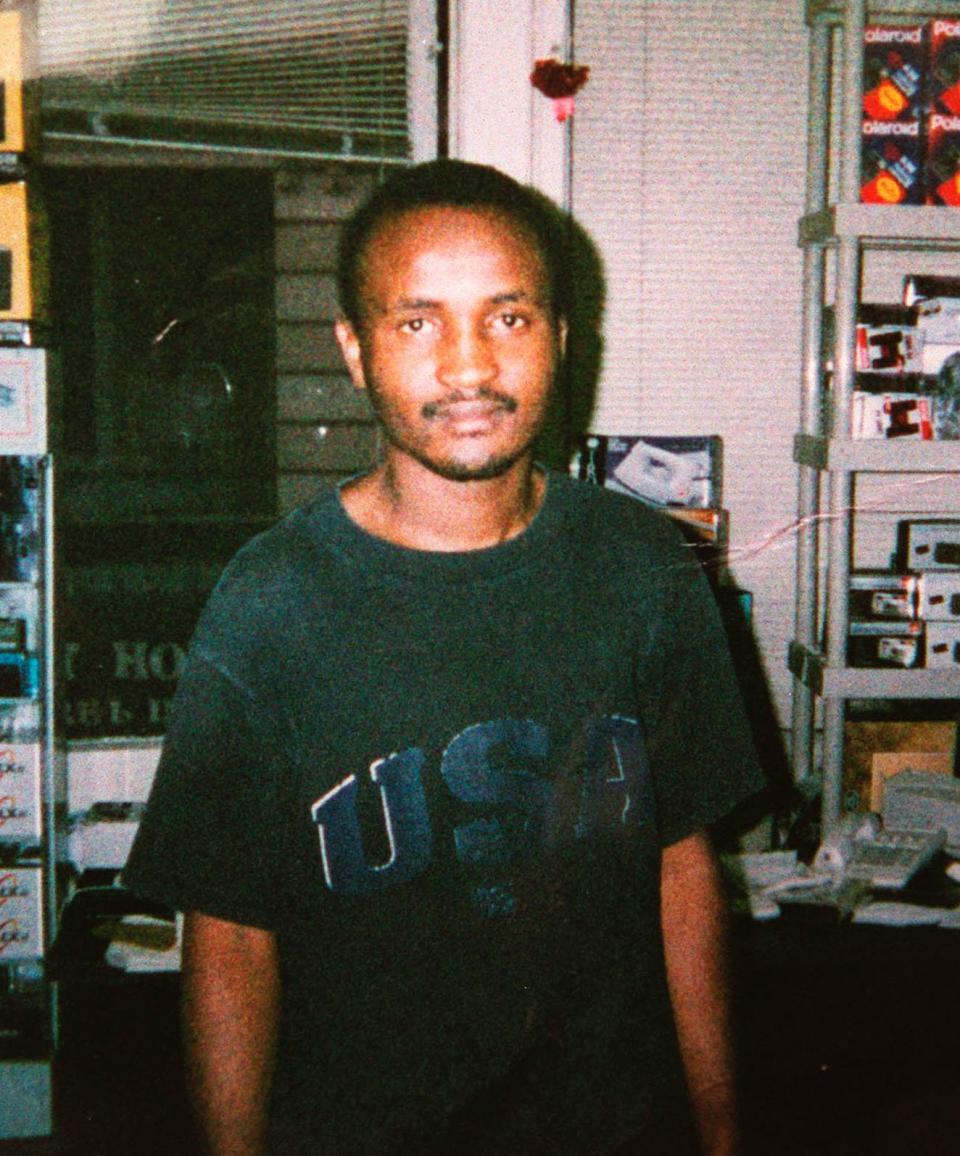
Patrick Dorismond
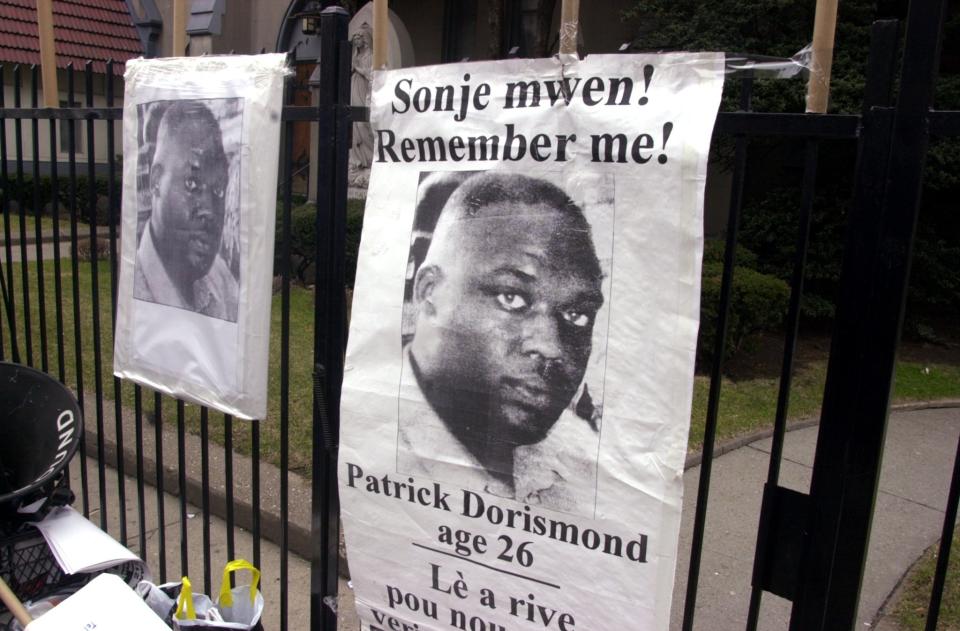
Sean Bell

Aiyana Stanley-Jones

Kenneth Chamberlain
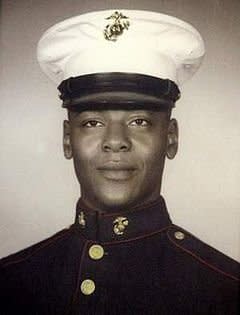
Ramarley Graham
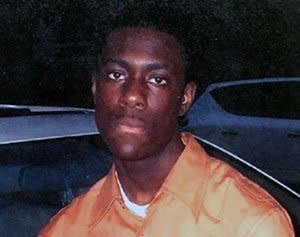
Rekia Boyd

Eric Garner

Michael Brown
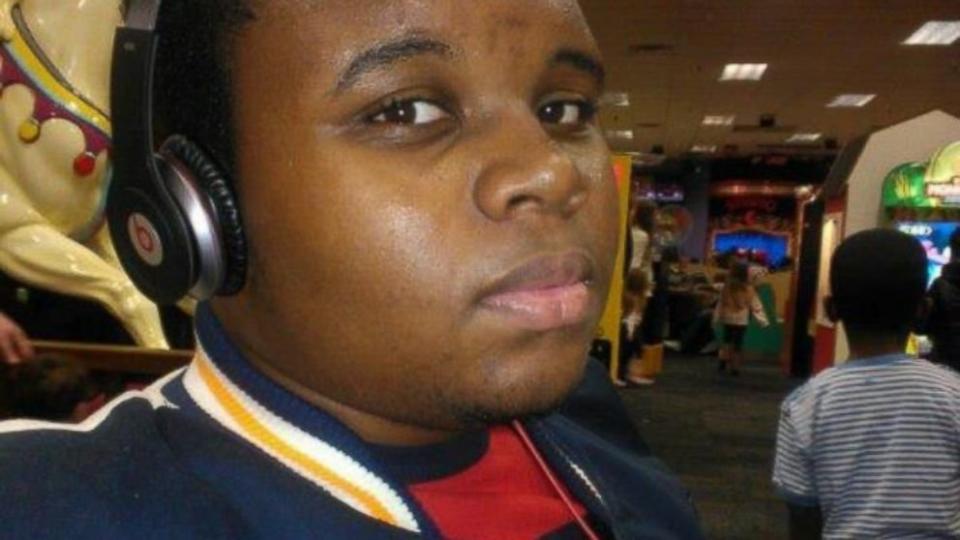
Tamir Rice
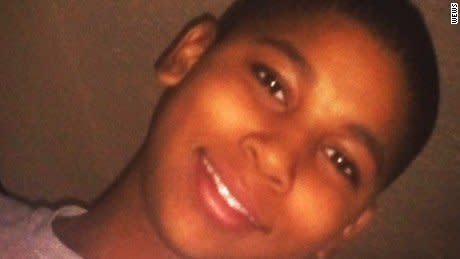
John Crawford III

RIP Jerame C. Reid, 36, killed 2 years ago today in Bridgeton, NJ. pic.twitter.com/xi8vPZGzq0
— Victims of Police (@RIPunarmed) December 30, 2016
Jason Harrison

Freddie Gray
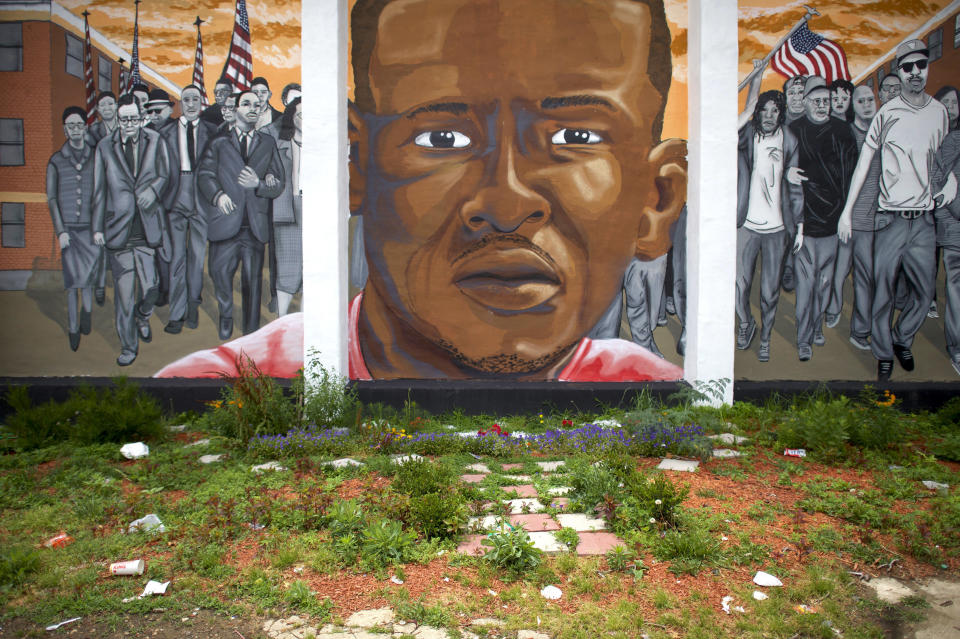
Keith Lamont Scott

Korryn Gaines

Alton Sterling
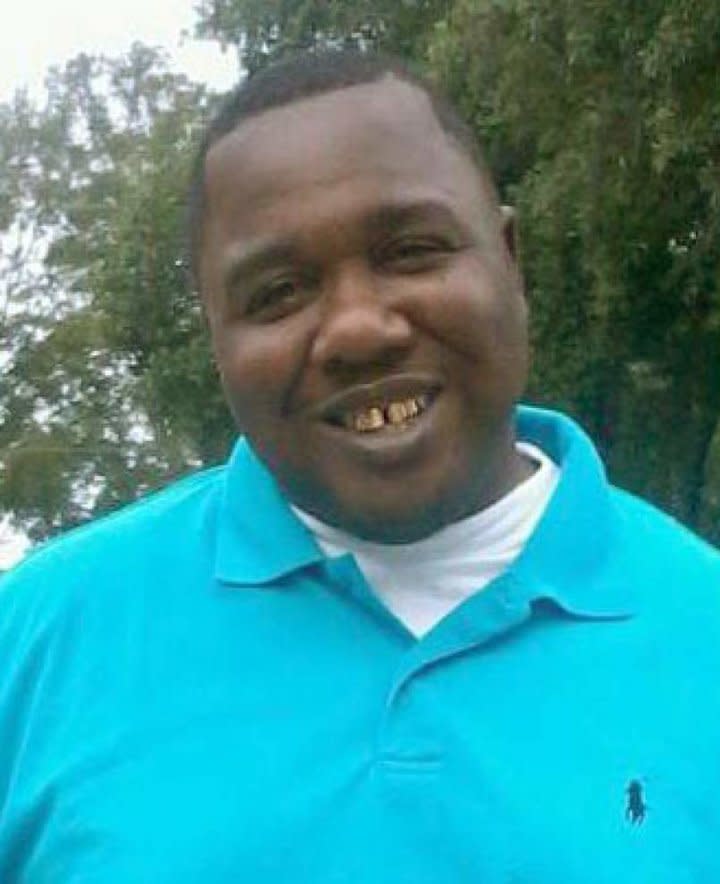
Following the shooting, one of the officers removed a gun from Sterling’s pocket, but the storeowner said that Sterling wasn’t holding a weapon during the altercation. The DOJ decided not to charge the two officers in May 2017. At the time, the state capital's police chief said it would be premature to fire the cop who pulled the trigger.
On March 27, the Louisiana attorney general declined to charge the two cops, citing that they acted in a "reasonable and justified manner."
Philando Castile
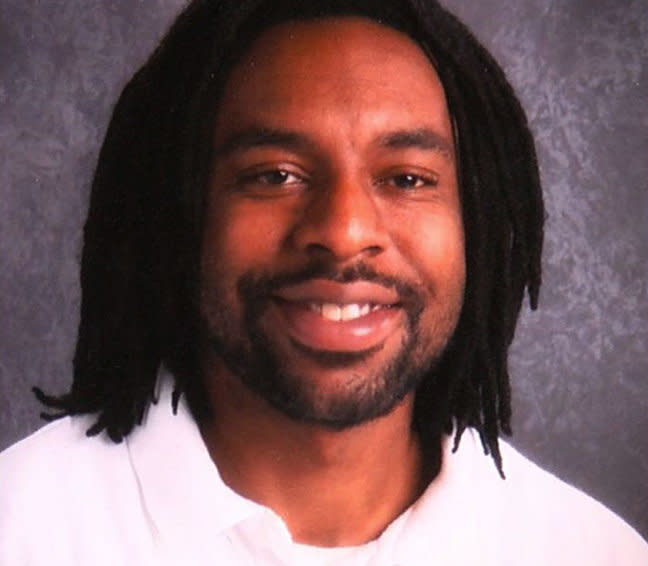
Terence Crutcher
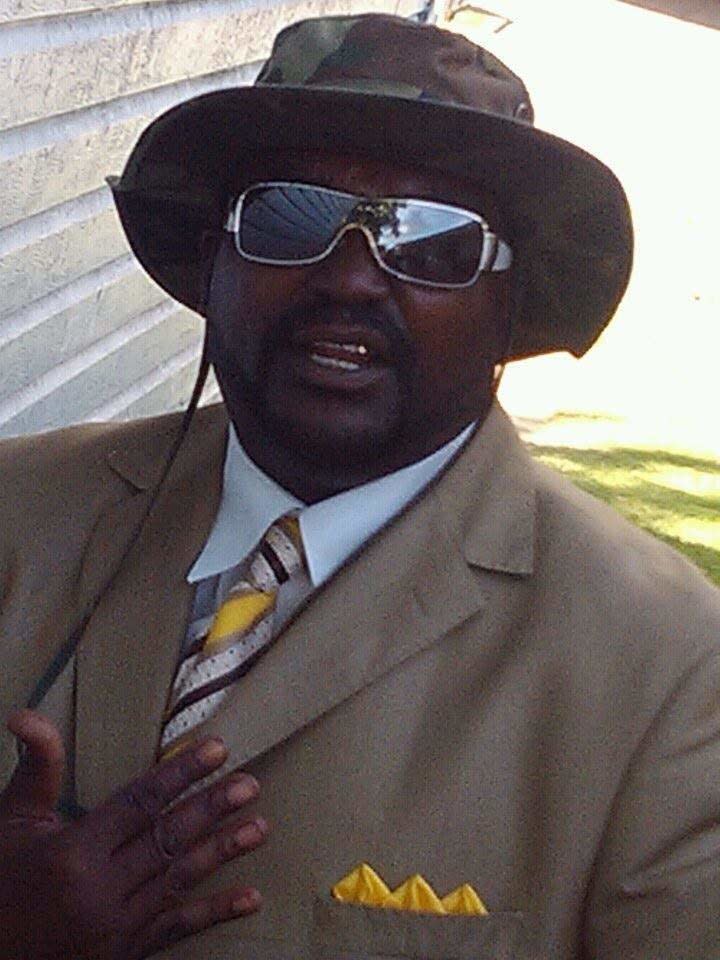
Tyre King
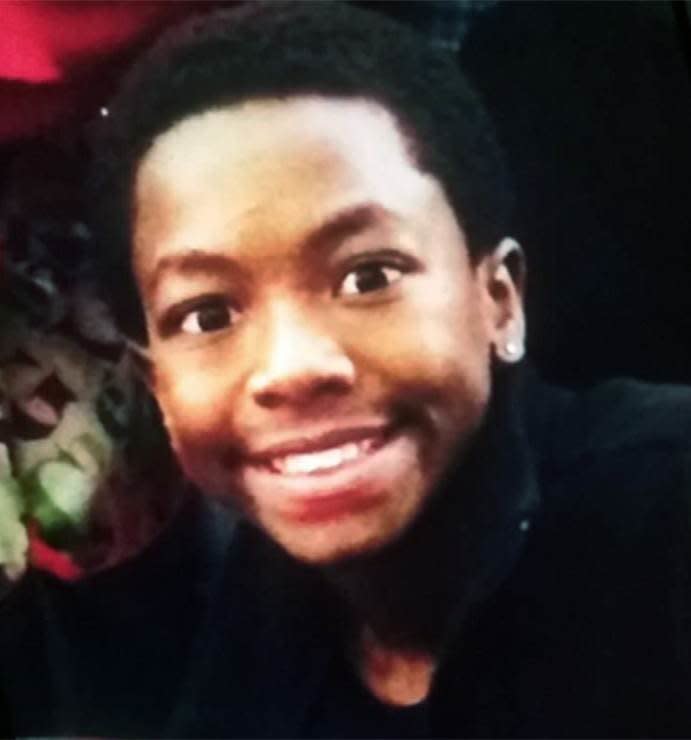
Sandra Bland
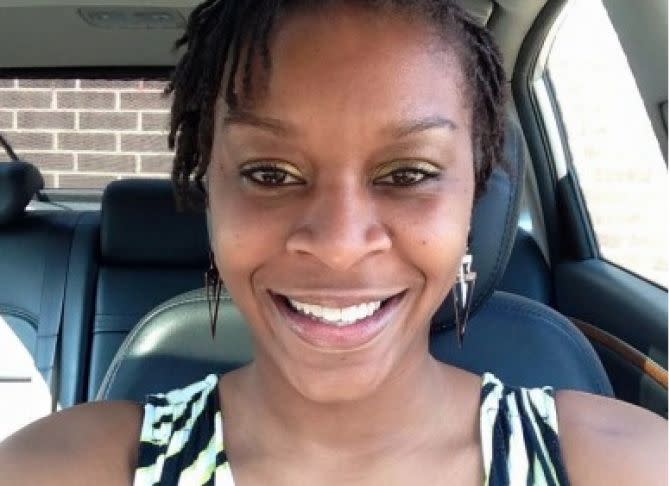
Love HuffPost? Become a founding member of HuffPost Plus today.
This article originally appeared on HuffPost.

